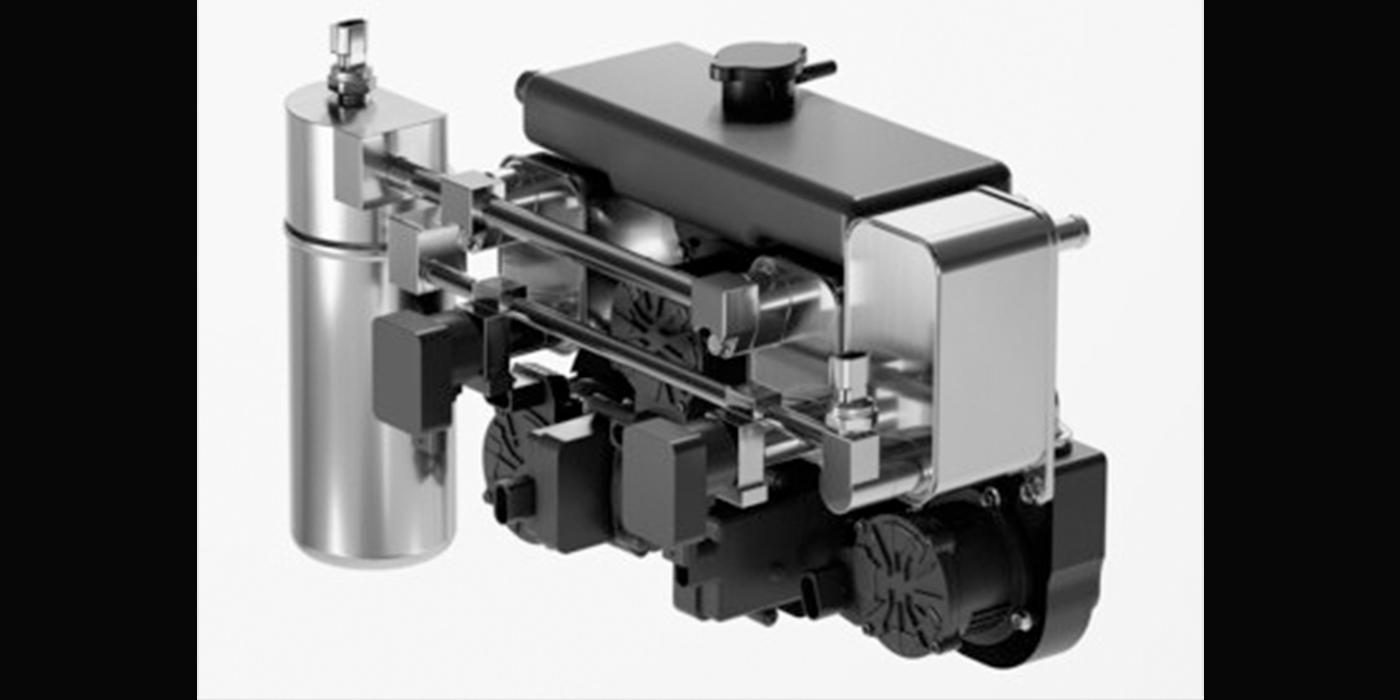International Herald Tribune
LANSING, MI — In another era, Jennifer Granholm’s courtship of Toyota would have been considered heresy for a governor of a state where American automakers and their suppliers fueled the economic engine for decades.
But with General Motors and Ford Motor cutting thousands of jobs, closing plants and eliminating benefits for the shrinking number of workers still employed, the governor is vowing to “go anywhere, do anything” to find investment for her state.
In July, she traveled to Toyota’s offices in Nagoya, Japan, to lobby for areas in rural Michigan that could welcome a Toyota plant.
“We want to make sure they know how welcome they would be here,” she said in an interview last week in Michigan.
In another era, Toyota might never have considered Michigan, where the United Automobile Workers union is such a powerful force. Nor would it have had to, with its pick of union-averse areas nationwide. But Toyota is on the verge of becoming the world’s biggest car maker, possibly eclipsing GM as soon as next year. A Michigan plant would take it to the American automotive heartland. Such is the new reality of Detroit, where what once seemed out of the question is now up for discussion. And Granholm, the state’s Democratic governor, admits that. “We’ve got to transform Michigan. Change is imperative,” the governor said in an interview last week.
Gary Chaison, a professor of industrial relations at Clark University in Worcester, MA, said, “A Toyota plant in Michigan would be a very clear signal that this is the future.” If anyone had any doubts about the effect of the auto industry’s decline on the state of Michigan, a report out this fall put it bluntly. “Michigan’s old manufacturing economy is dying, slowly but surely,” declared the report, called A Roadmap to Michigan’s Future, “putting at risk the welfare of millions of citizens of our state in the face of withering competition from an emerging global knowledge economy.”
But while her long-term goal is to diversify the state’s economy and reduce its dependence on the auto industry, Granholm’s immediate priority is to make sure car companies still put jobs in the state.
Toyota has spent $16.3 billion in the past 20 years, putting its North American plants everywhere from Ontario to Mexico, but never in the U.S. automotive capital. That initially made some view Granholm’s efforts as a Hail Mary pass. But her efforts now have a chance of bearing fruit. “If we do a new plant, we would consider Michigan, along with other states,” Dennis Cuneo, a senior vice president at Toyota Motor Manufacturing North America, said in an interview.
In some ways, it would be a quid pro quo for the governor, who came through for Toyota this year when it was trying to get the land it needed to expand its technical center in Ann Arbor, MI, about 45 miles, or 70 kilometers, from Detroit. Another developer had offered more for the 600 acres, or 240 hectares, in York Township, MI, than Toyota was willing to pay, but the governor prevailed in court.
Then the State Legislature passed an incentive package worth $50 million — small change as such deals can go, but enough to impress Toyota officials that Granholm truly wanted them in her state.
“She really stuck her neck out for us politically, and we appreciated it,” said Cuneo, who will play a crucial role in deciding the site for the engine plant.
But before that happens, Granholm must deal with a more immediate issue: persuading Ford Motor to spare its big luxury car plant in Wixom, MI, outside Detroit, which is on a list of plants that Ford may close when it announces a restructuring plan on Jan. 23. The state is also bracing itself for a plant-closing announcement by Delphi, which filed for Chapter 11 protection in October. One of its targets could be a big parts plant in Flint, MI, a community already devastated by years of shutdowns.
Granholm’s primary tactic is to persuade companies to consolidate operations in Michigan, and shut other plants elsewhere. Last week, she signed legislation granting $600 million in tax cuts to manufacturers, including a 100 percent tax break for companies that return jobs to the state in 2007 and 2008, and a specific break for Delphi, in a bid to save its Michigan jobs.
Indeed, statistics paint a gloomy picture. The state’s unemployment rate, 6.6 percent, is the nation’s third-highest, and it ranks dead last in economic momentum, measured by employment growth, personal income and population trends, according to the Citizens’ Research Council. All that helps explain why Granholm is focusing so much attention on deepening the state’s ties to Toyota, the world’s most profitable auto company.
The factory she is vying for would supply engines to a Subaru plant in West Lafayette, IN, which plans to build 100,000 cars a year for Toyota, beginning in 2006. But no matter how far the plant is from the Motor City, should the company choose Michigan, Toyota officials must come to terms with the influence of the UAW, whose president, Ron Gettelfinger, has said the plant would benefit the state.
Organizing it also would benefit the union, which has failed to organize workers at any of the major factories built by foreign automakers in the United States in the past 25 years.
Toyota can easily avoid such drama by picking another plant site. But it can score points in its drive to be seen as a good local citizen by helping a state that can meet its economic needs and that needs its assistance.
“In a simple sense, one plant doesn’t mean anything,” said Chaison, the professor, “but in a symbolic sense, it would show that there is still life in Michigan, and good jobs to be gotten.”
(C) 2005 International Herald Tribune. via ProQuest Information and Learning Company; All Rights Reserved
_______________________________________
Click here to view the rest of today’s headlines.













